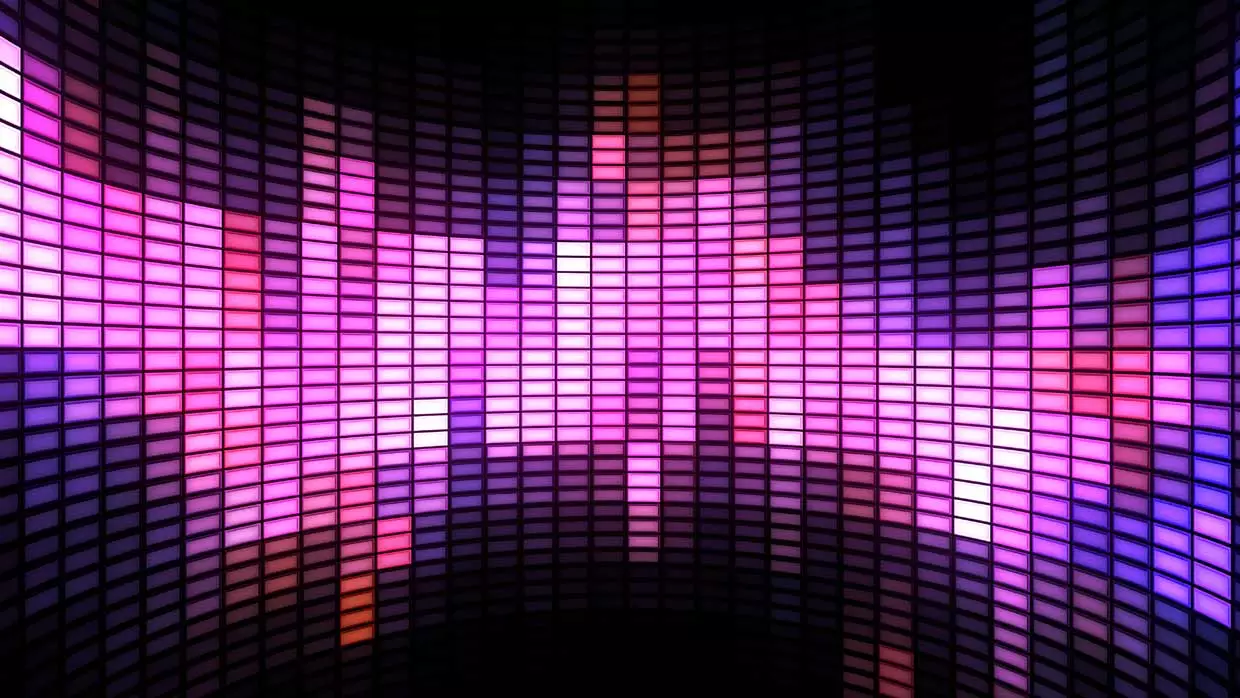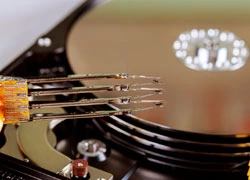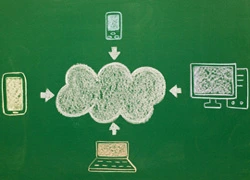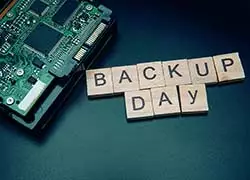HDD making strange noise - Warning signal on!
Hard disk drives, popularly known as HDDs, are fundamental devices for storing data in our digital lives.
They are used to store everything from personal files to essential backups of entire systems.
The HDD is made up of moving mechanical parts, such as magnetic disks and the read/write arm, and it has a characteristic noise during normal operation. When something is wrong, it often makes unusual sounds, which could indicate imminent failures.
The Sound Challenges of an HDD: Understanding "clicking sound"
In some cases, unusual noises may be a precursor to an imminent failure of the external hard drive, but it is important to be aware of other symptoms as well, such as frequent errors, crashes, extreme slowness, or read/write failures.
Paying attention to strange noises made by your hard drive is crucial to identifying possible problems and avoiding data loss.
Some noises that may be concerning and indicate failures include:
- Repeated clicks: They may indicate that the reading arm is having difficulty accessing data or that the hard drives are experiencing physical problems.
- Metallic noises or squeaks: This may suggest excessive wear on the HDD's mechanical components.
- Constant or intermittent buzzing: It may indicate problems with the hard drive motor.
Identifying noise from an HDD
To help identify problems with HDD operation, we have listed some noises that an HDD may produce:
HDD sound with normal operation:
HDD sound with damaged read/write head - clicking:
HDD sound with the read/write head locked to the hard drive media:
If you notice any of these sounds or other unusual noises, it is essential to turn off the HDD to avoid worsening the situation.
What to do if you hear strange noise on the HDD?
If you are hearing strange noises coming from your hard drive, this could be a sign that something is wrong and should not be ignored.
- Back up immediately: If you haven't already made a backup of your important data and the hard drive is still accessible, do so immediately. Strange noises could be a sign that the disk is having problems and may fail soon.
- Power off and check connection: Turn off the computer, check that all cables are properly connected to the hard drive, and turn the computer back on to see if the noises persist.
- Use diagnostic tools: There is HDD diagnostic software that can help identify problems. Some manufacturers offer specific tools for testing hard drive health.
- Consider the replacement: If the noises continue, it is highly recommended to replace the hard drive. The sound may indicate imminent mechanical failure.
- Consult a professional: If you're not sure what to do or don't feel comfortable dealing with it, it's best to seek help from a technician or computer hardware expert.
Preventing data loss also involves adopting good practices, such as maintaining regular backups and avoiding physical drops or sudden shocks to the hard drive. Replacing a hard drive that is showing signs of imminent failure is a smart preventive measure to ensure the security of your data.
Therefore, if the HD makes any abnormal noise, turn it off immediately and seek professional help.







